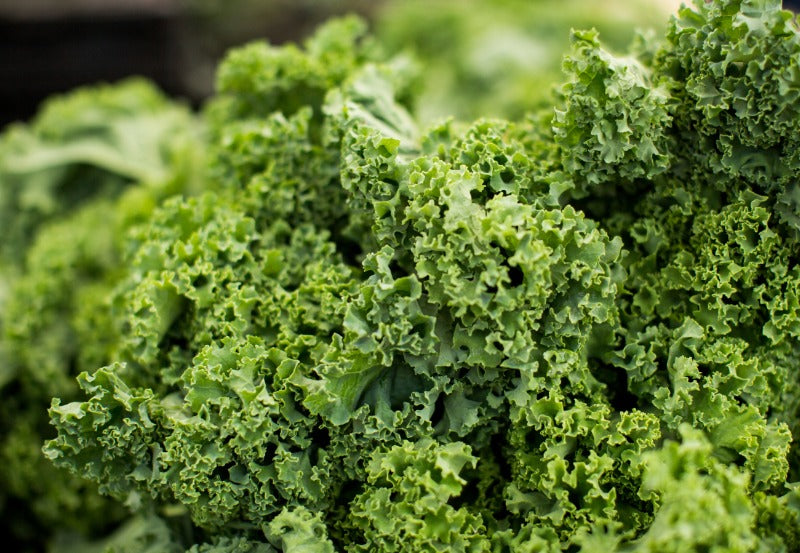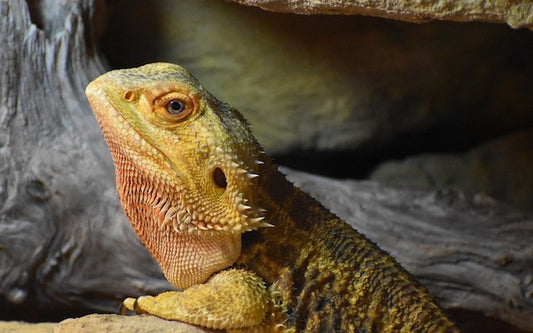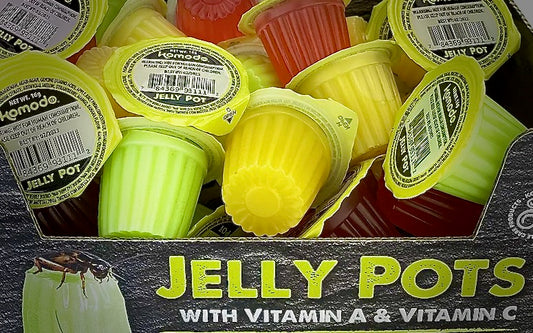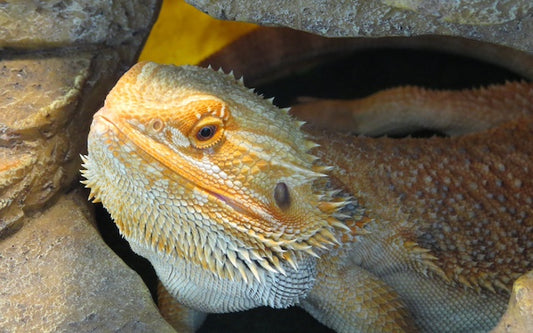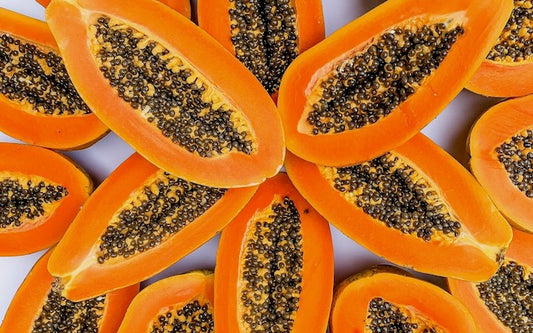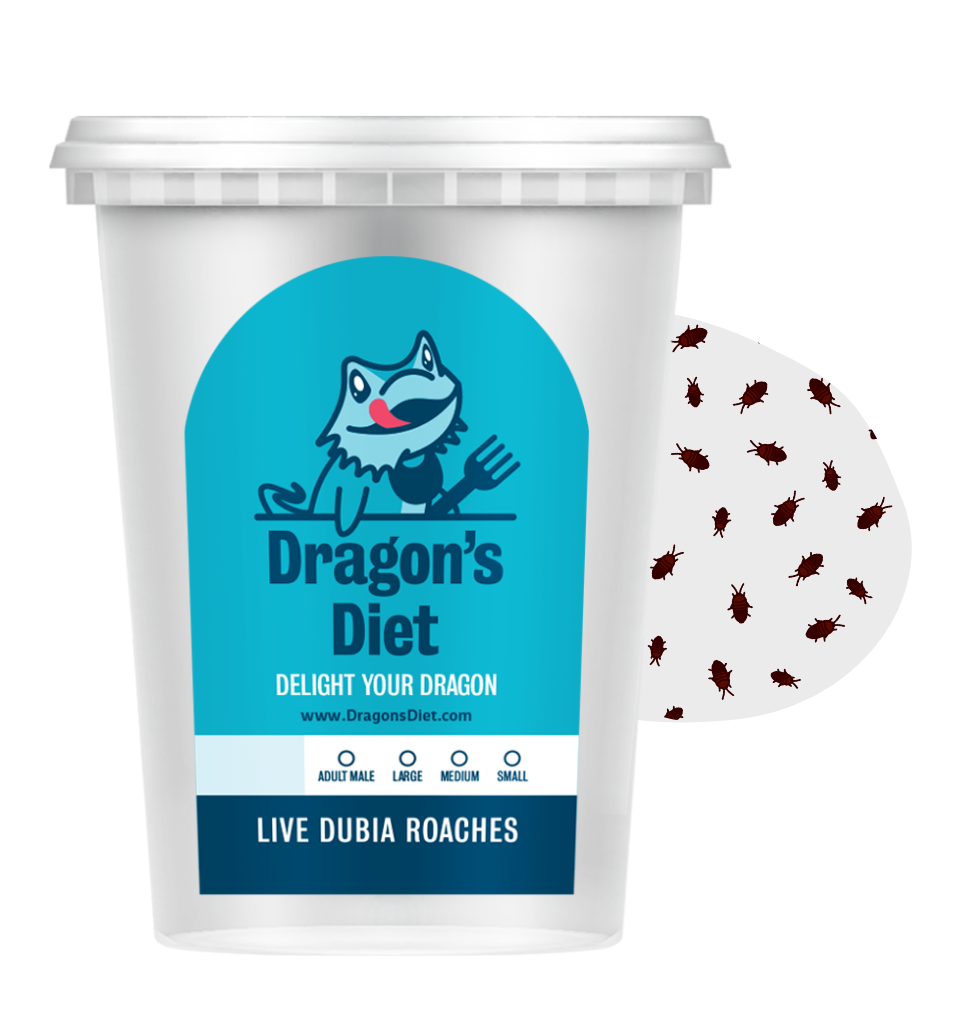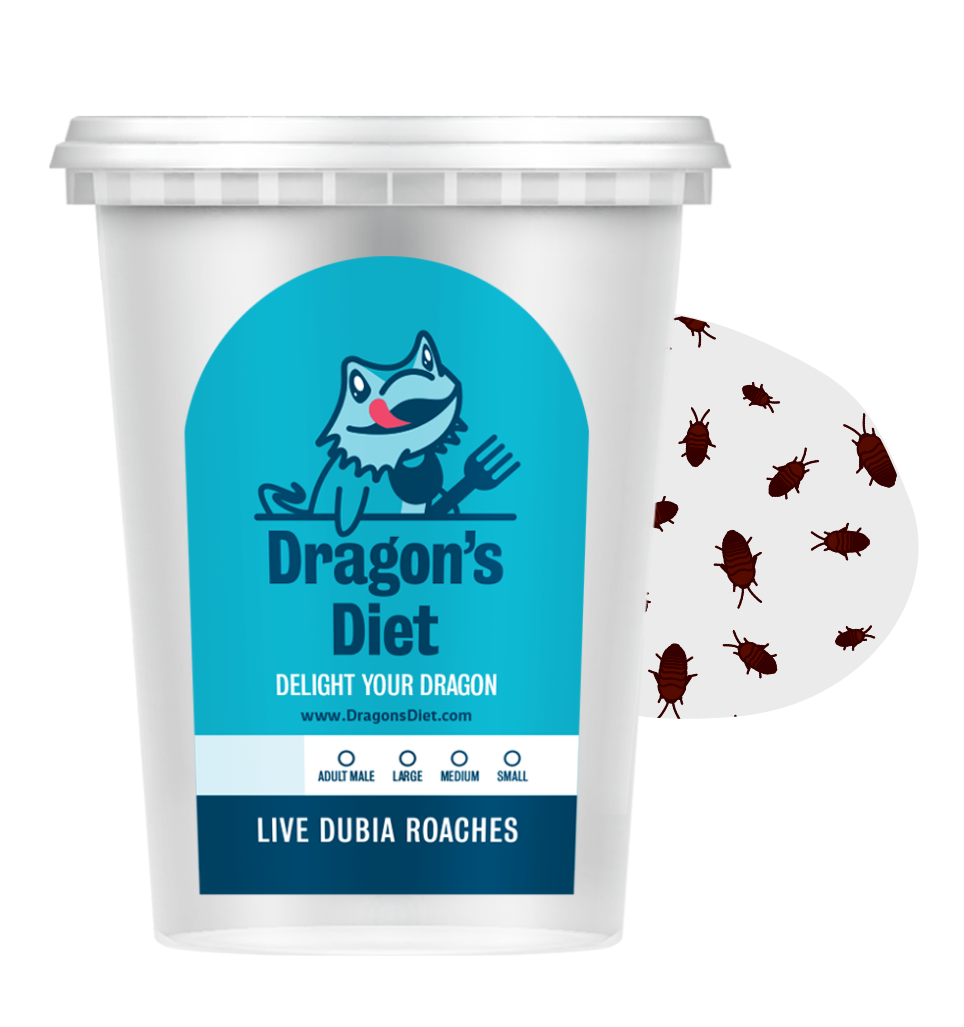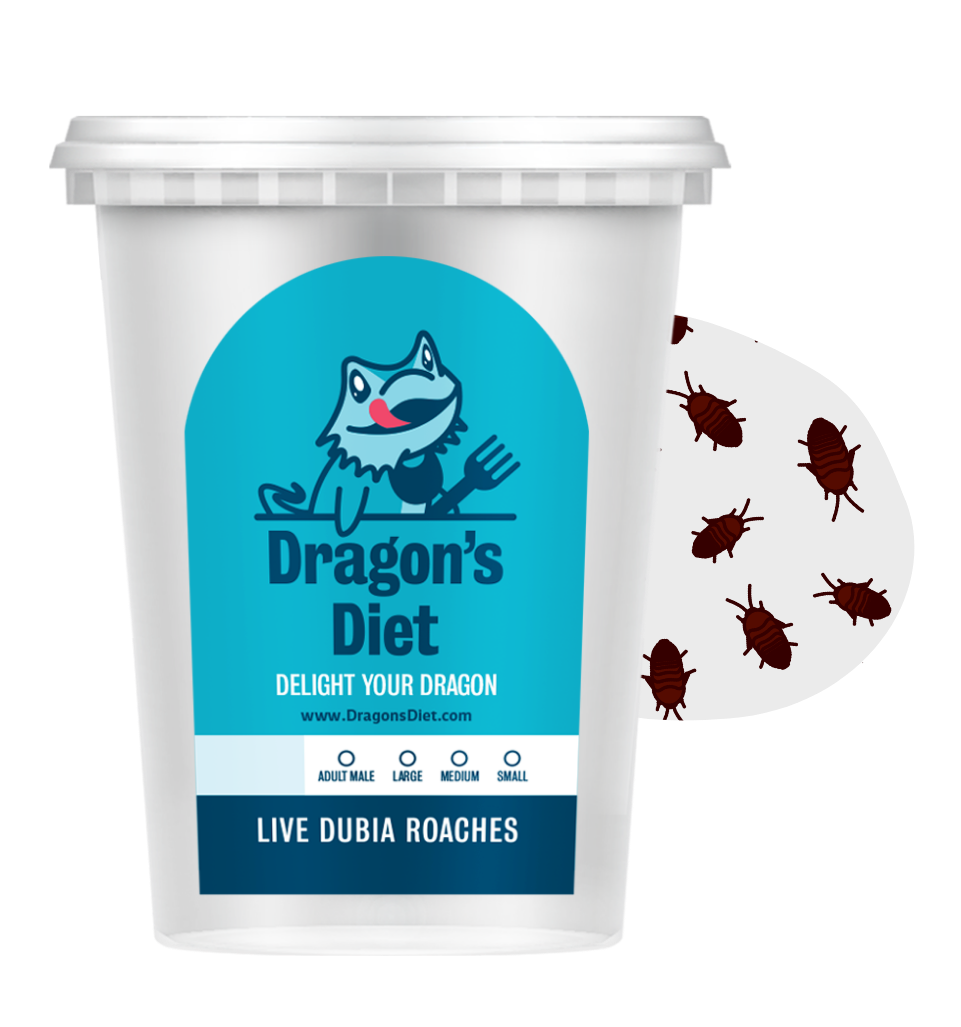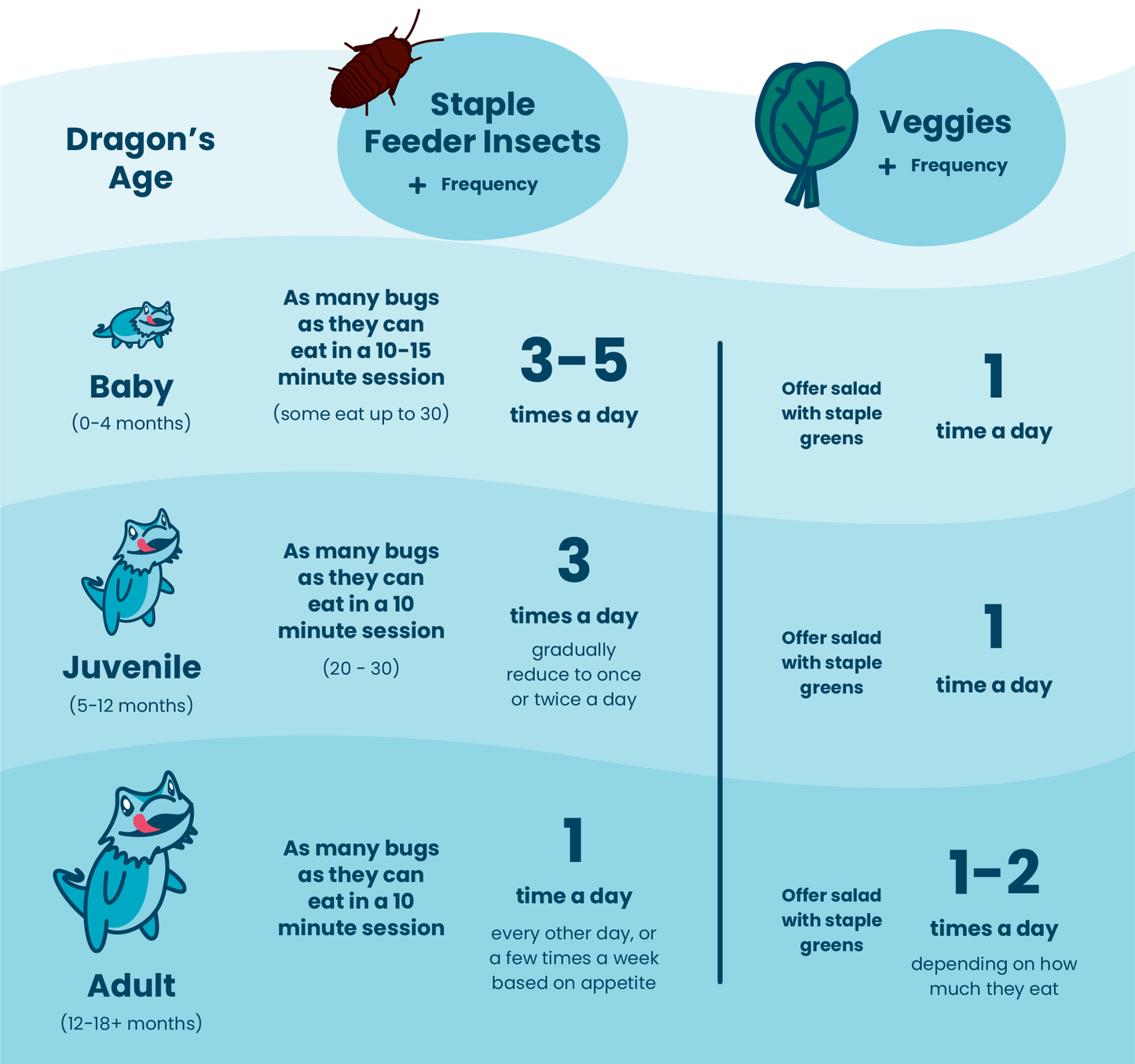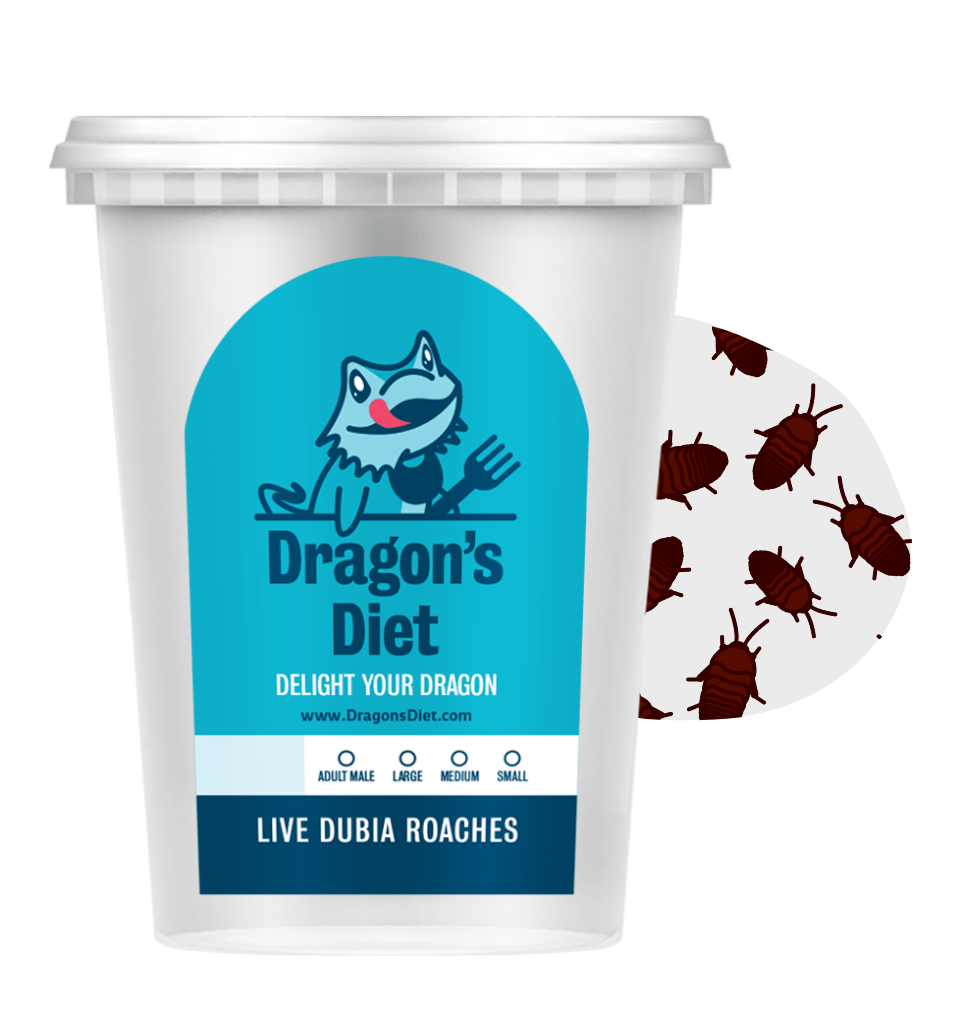There are differing opinions on whether bearded dragons can safely eat kale. You might find one source that says it’s very high in oxalates, so your beardie shouldn’t eat it at all. And then you might find another source that says the opposite—that it’s low in oxalates so it’s safe for your dragon to eat more frequently. Which is true? Can bearded dragons eat kale?
Is Kale Good for Bearded Dragons?
This ultra-superfood for people raises a lot of concern when it comes to bearded dragons. With its oxalates, goitrogens, and high Vitamin A content, you might be wondering if you should just throw in the towel and find another leafy green for your bearded dragon. You can do that, but before you decide, you should know the real answer to the question: Is kale good for bearded dragons? Here’s what you need to know:
Oxalate content. While safe in small doses, oxalates are not good for bearded dragons in general because they bind with calcium in the body and prevent it from being absorbed into the dragon’s bloodstream.
Oxalates can deplete the dragon’s already-existing supply of calcium over time, causing a painful condition called metabolic bone disease (MBD). If your bearded dragon gets MBD, you’ll notice swollen or deformed limbs, lethargy, and difficulty moving. In severe cases, your dragon could become paralyzed or even die. So it’s important to supply your beardie with enough calcium and not too many oxalates to strengthen the bones and prevent this disease.

Oxalates are a serious issue, so it’s not surprising that they are top of mind for Dragon Keepers who are trying to determine if they can give their beardies kale. But the conflicting information online can make it difficult to make a decision. How many oxalates does kale really have?
Here is the good news: according to the USDA, 100g of kale has 20mg of oxalates. That is actually not very many. So the idea that kale has too much oxalates for bearded dragons to eat at all is a myth.
To put this in perspective, the same serving of spinach—which is a food served rarely or not at all to dragons—has 970mg of oxalic acid. That’s over 48 times more than kale has.
So kale really isn’t too unsafe when it comes to oxalates. It shouldn't be fed every day, but a few times a week or every other week if you’re worried should be perfectly fine.
Goitrogens. Dragon Keepers also worry about kale because it does contain goitrogens, which are substances that can negatively impact a dragon’s thyroid. Too much goitrogenic food can cause the thyroid to become enlarged and begin malfunctioning in its production of hormones. Luckily, there are not enough goitrogens in kale to put it off limits for bearded dragons. A little bit won’t be harmful.
Loads of Vitamin A. The third concern with kale is that it has a tremendous amount of Vitamin A. If your bearded dragon takes Vitamin A supplements, you may want to avoid feeding kale because it can put your beardie at risk for Vitamin A toxicity. This can cause swelling, lethargy, weight loss, and dehydration. Bearded dragons who are not on Vitamin A supplements usually don’t develop hypervitaminosis A, but it’s something you should be aware of as you determine your dragon’s diet.
The Benefits of Kale for Bearded Dragons
So now that we’ve looked at the concerns with kale, what are the benefits of kale for bearded dragons?
Kale is insanely nutrient dense. It offers the following vitamins and minerals for your beardie:
- Vitamin A and Vitamin C, which are key for a healthy immune system, vision, reproduction, and growth
- Vitamin K, which regulates blood clots
- Potassium, which aids muscle function, prevents kidney problems, and lowers water retention
- Manganese, which aids metabolism and prevents inflammation
- Magnesium, which promotes brain and muscle health
- Calcium, which is vital for bone and overall health
Kale also has these positive qualities:
Great source of calcium. The phosphorus in kale is outweighed by the calcium at a ratio of 2.4:1, meaning that beardies can actually absorb the calcium in kale (it won’t be overtaken by too much phosphorus or oxalates). This definitely puts it above the recommended calcium to phosphorus ratio range (between 1:1 and 2:1), which is a good thing. Beardies need their calcium!
This ratio is such an important factor in determining what foods to feed your dragon because if there is more phosphorus than calcium in a food, then too much of it can put your pet at risk for MBD.
Low sugar. Like most vegetables, kale is very low in sugar. Your bearded dragon won't have to worry about getting fat on kale! Tooth decay, fatty liver disease, and heart problems can occur when dragons eat too much sugar.
So all in all, if you don’t feed kale too often, it is an excellent choice for your bearded dragon’s health in many ways.

How Can Bearded Dragons Eat Kale?
Kale can be served raw (cooking depletes its nutrients). You can serve kale to your bearded dragon in three easy steps:
- Wash it thoroughly, even if it’s organic. You’ll want to make sure any dirt and debris is cleaned away.
- With your fingers or a knife, remove the green leaves from the stalk.
- Finely chop the leaves and serve to your beardie. It's extremely important to chop kale very small because the frilly leaves tend to get stuck in dragons' throats if they are too big.
Pro Tip: Vary your dragon’s nutritional intake by serving kale with other veggies instead of on its own. Maybe mix it with some collard greens, bell pepper, carrot, and escarole.
If you have questions or would like to give feedback, please email us at team@dragonsdiet.com

